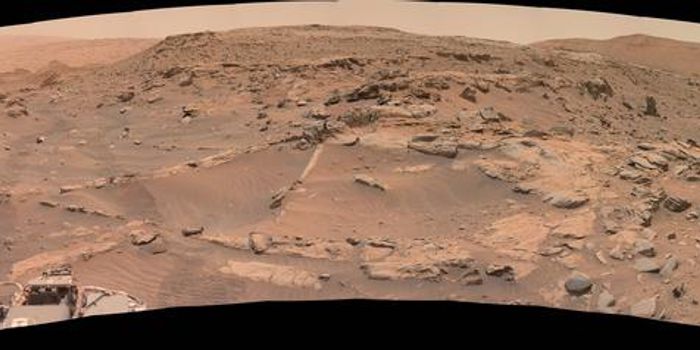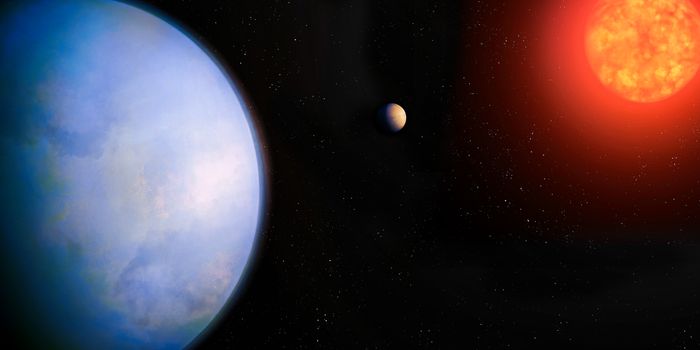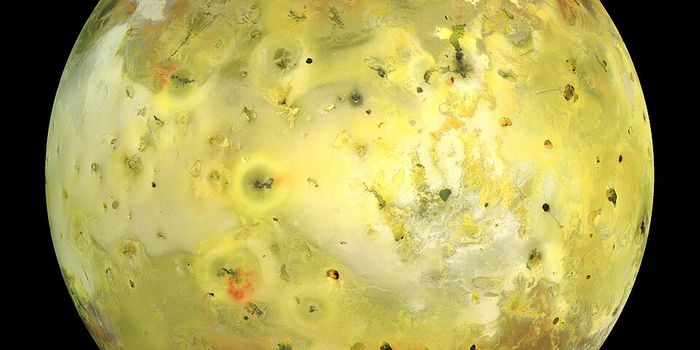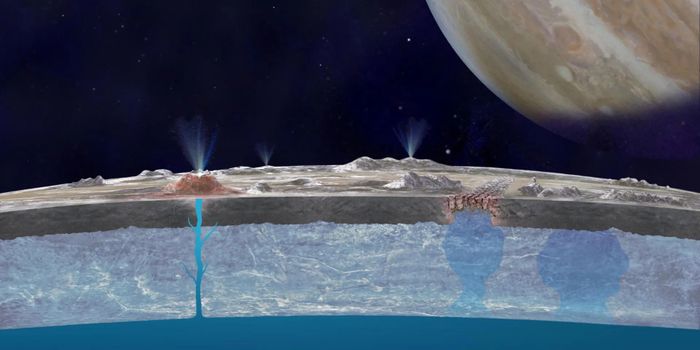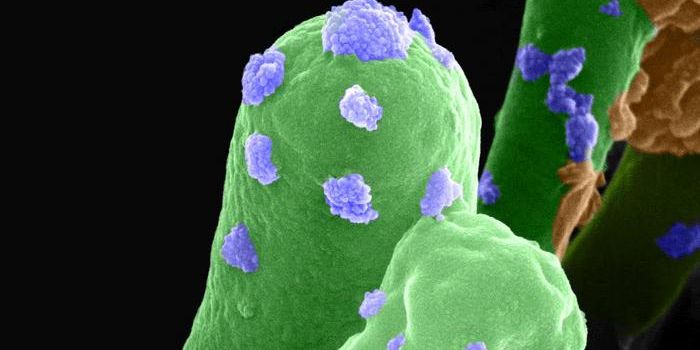Biomagents for Drug Discovery
Scientists have recently developed a chip-like device that utilizes tiny magnets that sort large populations of mixed cell types. "We casually agreed to combine our technologies -- and it worked incredibly well," says Shana Kelley who worked on the biomagnet as part of her Medicine by Design team project. Kelley was curious to see if the device could be coupled with a CRISPR-based gene-editing tool that was developed by another colleague--Jason Moffat, a professor in the Donnelly Centre for Cellular and Biomolecular Research.
"This is the advantage of being part of the dynamic research ecosystem of Toronto and Medicine by Design," says Kelley, who is also a University Professor in the Leslie Dan Faculty of Pharmacy at the University of Toronto. "I would have never known how to position this technology and link it with CRISPR it if I did not have all these great people around to talk to."
Both Kelley and Moffat reasoned that collaborating their methods will advance drug discovery and development. They used CRISPR to turn off genes in cells and see how this affects different levels of a disease-related protein which could be targeted with therapeutics. "As many as one billion cells can travel down this highway of magnetic guides at once and we can process that in one hour," says Kelley." It's a huge gamechanger for CRISPR screens."
The biomagnet has been referred to as ‘MICS’ for microfluidic cell sorting in the journal Nature Biomedical Engineering.
via University of Toronto (Credit): MICS is about half the size of a credit card, and can sort cells much faster than existing technologies thanks to tiny magnets engineered to bind to the target protein (photo courtesy of Kelley lab)
Source: University of Toronto



